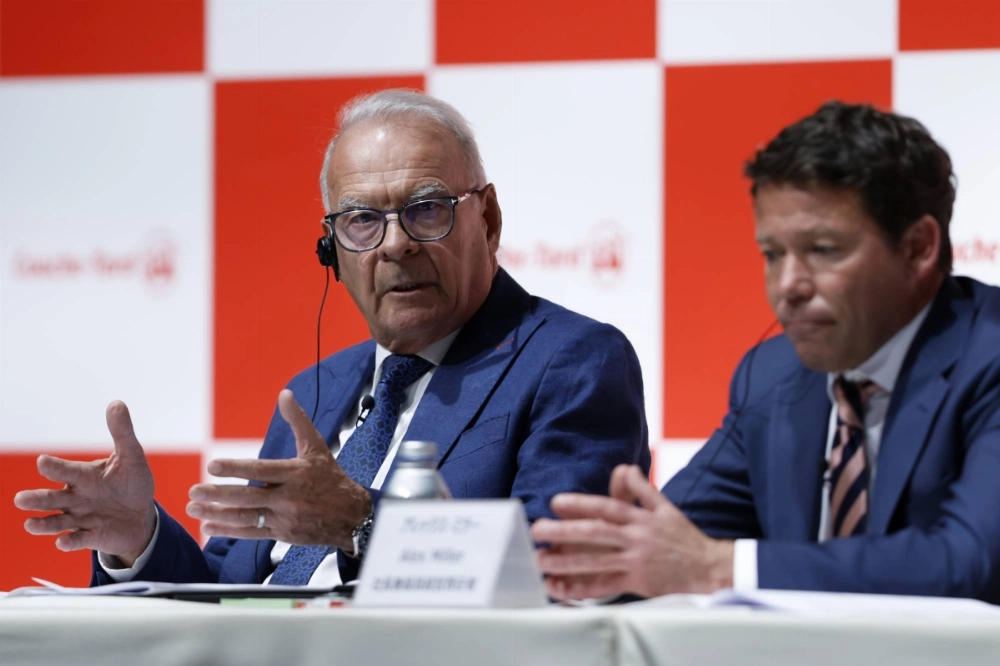Alimentation Couche-Tard has met privately with key Seven & I Holdings shareholders as the Canadian firm ramps up pressure on the operator of 7-Eleven convenience stores to engage in takeover talks.
Along with public overtures, Couche-Tard founder and Chairman Alain Bouchard met privately with some Seven & I shareholders in Tokyo last week to make the case for why they should agree to the takeover, according to people familiar with the matter, who asked not to be identified because details of the meetings aren’t public.
While he didn’t explicitly urge stakeholders to pressure Seven & I, he outlined the benefits of the deal and discussed the attractiveness of the business, particularly 7-Eleven’s presence in Japan, and its potential for growth, said one of the people.

















With your current subscription plan you can comment on stories. However, before writing your first comment, please create a display name in the Profile section of your subscriber account page.